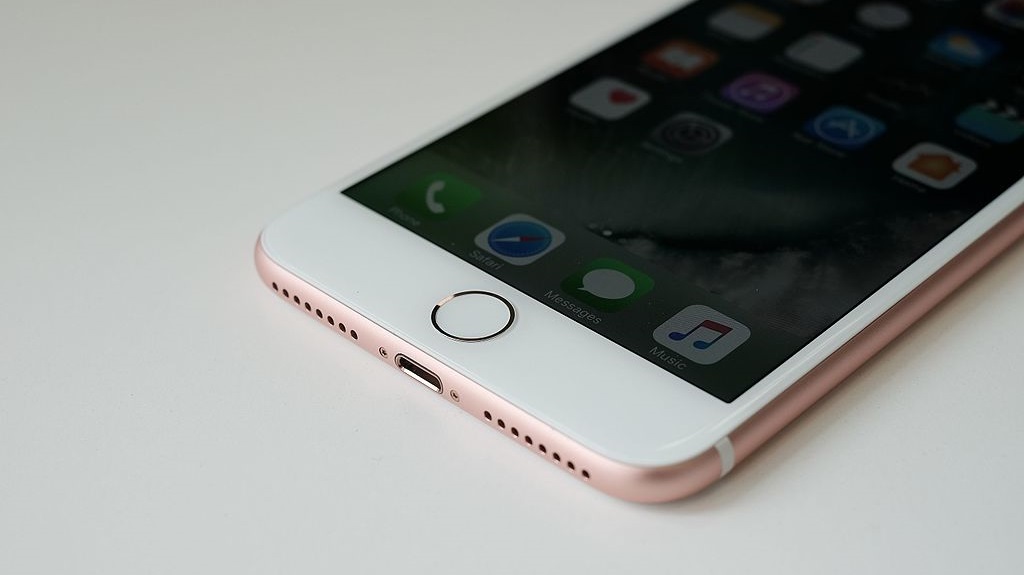Is Apple's bid to revolutionise clinical trials failing?

It seems Apple’s attempt to revolutionise clinical trials with its much hyped ResearchKit app suite may not be having as big of an impact as first thought.
Released in April last year, ResearchKit's intent was to vastly improve access to clinical research by letting people sign up and participate via mobile apps. Apps for trials studying cancer, Parkinson’s and diabetes were launched alongside the platform.
But a new study published in JAMA Cardiology investigating Stanford Medicine’s MyHeart Counts app suggests that – although the potential to improve trial participation is as high as ever – smartphone-based trial apps may struggle to maintain participation engagement.
The app allowed participants to take part in three separate tests: a seven-day activity tracking test, a questionnaire designed to calculate a person’s ‘heart age’, and a six-minute walking test. The study intended to gain insights into activity patterns associated with life satisfaction and self-reported disease.
Out of all 48,968 individuals recruited, 40,017 uploaded data. Of those, 4,552 participants completed the study’s minimum seven day activity tracking test, 1,334 completed the heart age questionnaire, and 4,990 completed the walking test.
Speaking to BuzzFeed, renowned cardiologist and geneticist Eric Topol commented on the findings: “This is a very significant problem with this new form of medical research. You accrue lots of people, but to keep them engaged, long-term, is perhaps the greatest challenge.”
The problem of engagement could be a big issue for pharmaceutical companies looking to use ResearchKit to conduct its own studies. GlaxoSmithKline launched the first pharma-led ResearchKit study in July.
Alongside engagement is the problem of diversity which has long plagued clinical research. In the case of ResearchKit-based studies, only those that own an iPhone can participate, bringing into question participants’ economical background. As there is no face-to-face interaction between researcher and participant, there is also the question of data validity.
That being said, the recruitment numbers achieved by the MyHeart Counts app are vastly superior than the average, non-smartphone-based clinical study, as pointed out by senior author of the study Euan Ashely.
Although only a small number of people actually completed the study’s tests, the 4,990 participants that completed the walking test, for example, is much larger than the usual number seen in similar studies.
“The scope of it and scale of it is new and represents a huge opportunity,” said Ashley. “Instead of asking ‘How many steps did you take last week?’, ‘How many flights did you climb?’, we can actually measure that. I think that’s a groundbreaking thing.”











